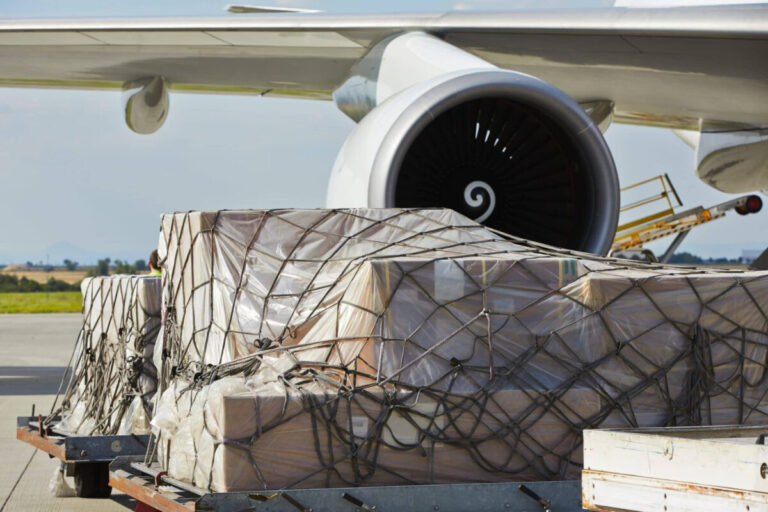
Aramex UK has urged pharmaceutical companies exporting products overseas to be cautious about shipping to warmer climates.
Temperature fluctuations caused by incorrectly configured refrigerated containers, unexpected delays, or other operational issues can result in product damage or loss, which can translate into significant financial losses of up to millions of pounds.
Read: Extrans Global and TAM Group establish joint venture
Thanks to its large presence in the Middle East, the leading global provider of comprehensive transportation and logistics solutions has good experience in packing and transporting medicines for companies from the United Kingdom to regions with difficult environmental conditions.
With its global reach, Aramex UK leverages its international network and partnerships to expand into more diverse climates around the world and address seasonal contrasts, such as those seen in the Southern Hemisphere.
Serving customers across all segments, starting with its dedicated Life Sciences and Healthcare division, Aramex UK offers robust infrastructure, cutting-edge traceability technology and stringent quality control procedures to protect the efficacy of temperature-sensitive pharmaceuticals.
In recent years, the demand for temperature-sensitive medicines has risen, and ensuring safe and efficient delivery of vital medical supplies has become increasingly essential.
With temperatures in regions like the Middle East and Asia often exceeding 40 degrees Celsius at their peak, the logistical process of shipping medicines has become more challenging – especially when regulatory requirements, security concerns and supply chain disruptions are added to the mix.
It is estimated that failures in temperature-controlled logistics cost the pharmaceutical industry approximately $35 billion annually.
Read: Impact of war looms on Ukraine’s shipping companies
As climate change continues to pose an ongoing challenge for logistics providers, with issues such as an increase in extreme weather events and record temperatures on an annual basis, the need for a robust logistics strategy is more important than ever.
Aramex UK has also recently been licensed to provide its customers with the comfort of knowing that the quality and safety of their products is maintained across the entire supply chain. WDA
(H) Licensing, enabling the global logistics provider to handle and distribute medical products with current compliance and demonstrate its adherence to regulatory standards of safety, quality and traceability.
Ronan Kitchen, who heads the Life Sciences and Healthcare division at Aramex UK, said: “The temperature aspect when shipping medicines from the UK to warmer climates such as the Middle East and Asia is an important consideration that we need to take into account in every logistics strategy when contacting With customers within the industry, even the simplest trip can destroy a product. With climate change becoming one of the primary issues impacting the shipping process, ensuring the stability of shipments in increasingly unstable environments has also evolved into a key consideration for shipping service providers. internationals.
“Logistics solutions for shipping medicines have become much more precise, therefore to meet the growing demands of the market, and with regulatory compliance, we have created a comprehensive and customizable offering built on ensuring the safety of every product under our care is maintained throughout the entire supply chain – providing complete peace of mind to customers. .
“Given the sensitivity of the products being stored and transported, compromising on pharmaceutical safety is not an option, as quality must be maintained from the point of manufacture until the last delivery. As such, we have placed traceability, compliance and temperature control at the heart of our pharma-focused solutions .
“We also leverage our global network to grow ongoing collaborative lines of communication anywhere in the world, conduct comprehensive risk assessments, and use technologies to build resilient infrastructure for customers,” Ronan continued. “Given that climate events are often unpredictable and occur quickly, fostering a proactive approach is key.” Essential to face any unforeseen circumstances.


